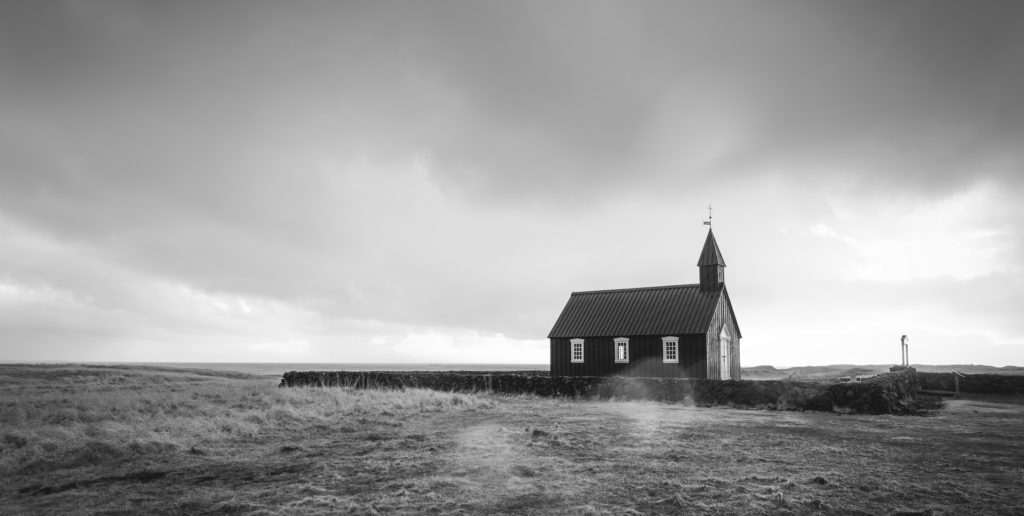Episode 152: Neuroscience and Spiritual Formation – A Conversation with Michael Hendricks
In this episode we sit down with Michel Hendricks to talk with him about his book The Other Half of Church: Christian Community, Brain Science, and Overcoming Spiritual Stagnation.

Be sure to subscribe to our YouTube Channel and follow us on Instagram, Facebook and Twitter to stay connected with us throughout the week!
This book was written out of frustration and confusion… some pastors and I were talking about our frustrations with discipleship, and one of the pastors said, “Michel, I think we’re ignoring the neuroscience angle,” and I had no idea what he was talking about…
The left side of the brain is what in popular culture we think of AS the brain… it’s the problem-solving side… but the deeper, relational questions are handled in the right brain—it’s the more powerful side of the brain…
Before the left brain even kicks in, the right brain is asking, “Who are these people? Are these my people? Am I safe here?” Most of our discipleship is left-brain oriented and doesn’t take the right brain into account at all…
Our brains are designed to change us through love… our attachments and bonds with others are the strongest force in the brain for the formation of our character…
I’m not saying that we should drop left-brained discipleship skills, but that we ADD the right-brain relational skills… e.g., joy—are we creating environments where people are happy to see one another…? Joy is fuel for transformation… and when our joy is low, nothing really works…
For the Hebrew mind, the face and presence of God were inseparable… the face WAS the presence, like a baby looking into its mother’s face… that’s how a baby grows… and how we grow with God…
Our churches need to function much more like families than they do like religious organizations… families are primarily and fundamentally about creating bonds…
If our relational skills are right, we can do church discipline in a way that’s healthy… it’s about flipping on the self-regulating principle in the body of Christ…
There is a form of healthy shame and toxic shame… toxic shame is what most of us have experienced… healthy shame is deeply relational and helps remind us of who we are… it reinforces our good group identity…
Forming community this way makes us virtually immune to narcissism… if we are a deeply bonded family which self-corrects, we are creating a soil that narcissism can’t thrive in…
